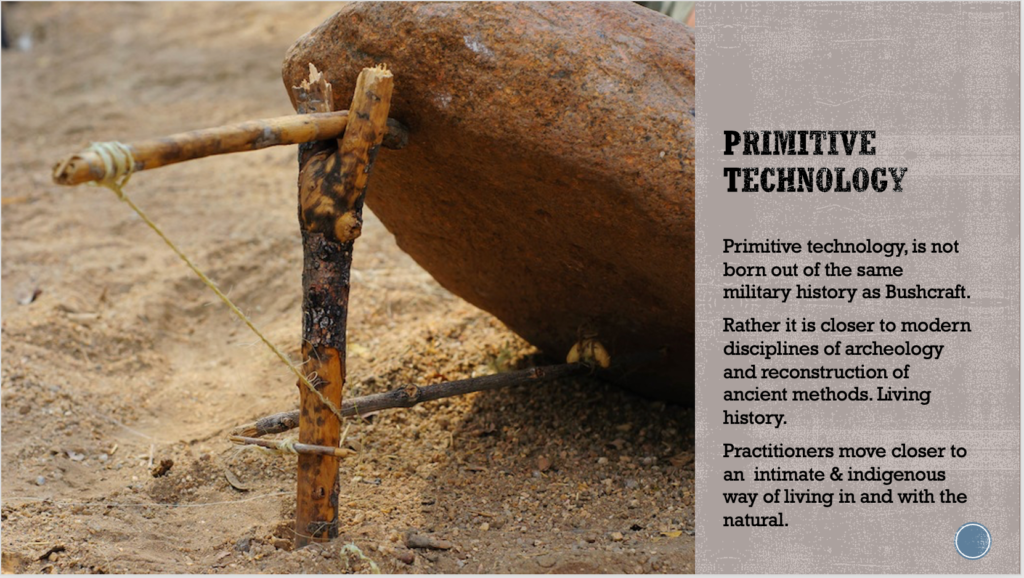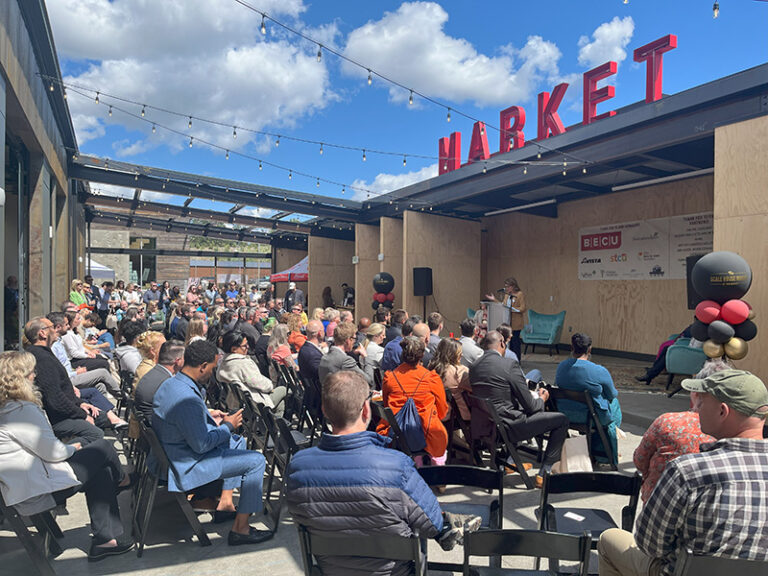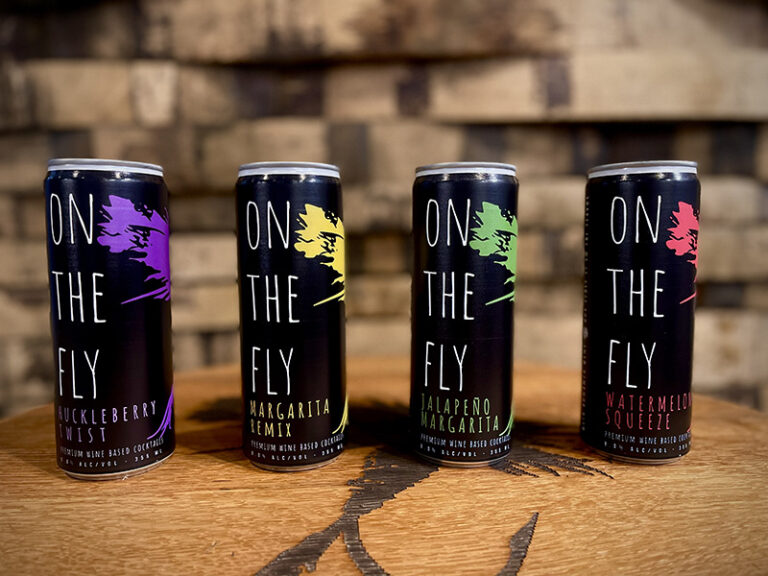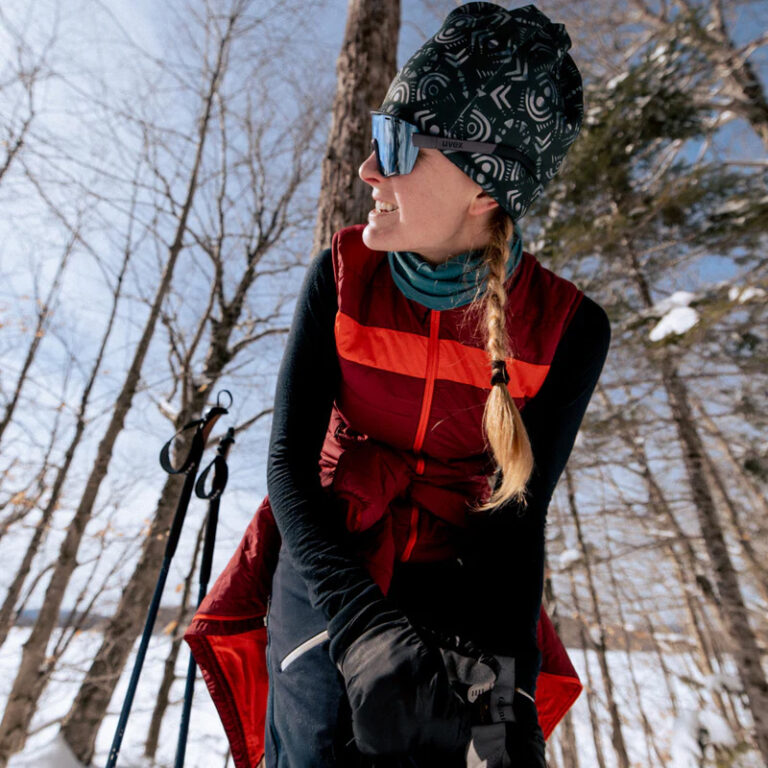It occurred to me as I was reading my own Out There article last month in printed form that, as a writer for a column on primitive skills, I should probably start with explaining what the heck primitive skills are and why we would should care.
Primitive skills range from foraging to tool making to animal preservation. Primitive skills could be synonymous with ancestral skills, earth-based skills, re-wilding, stone-age skills, and bushcraft. But there are subtle differences in these definitions.
Diving into the realm defining these differences was of great discussion at the Global Bushcraft Symposium in 2019. Lisa Fenton, a professor at Cumbria University in the UK, wrote a wonderfully insightful dissertation on this topic. Her definitions were widely accepted, and she received a standing ovation by Bushcraft professionals around the world. Her keynote speech paved the way forward for future communications and collaborations worldwide.
Primitive technology is a better noun, as primitive can be viewed as derogatory related to the peoples who used the skill. (It’s the technology that’s primitive, not the people.) Skills refers to how to make tools from natural materials that you would then use to live off the land. This is the content. The context would be how you apply these skills. Are you trying to survive out in the wilderness in an emergency? Or do you want to show off your friction fire making skills as your new party trick?
No matter your motive, there are a few reasons you should care about primitive skills. For one, it gets us off our screens and outside. Yes, you can watch YouTube videos on how to do a skill. However, you can’t really learn the skill unless you experience it yourself. We call this “getting your dirt time in.” Having your bare feet on the ground and your skin exposed to the elements is grounding and creates connection to the natural environment around you.
There is something profound about primitive skills that resonates deep within us. Have you ever noticed when you’re picking huckleberries, you find yourself full of joy and excitement, and sometimes you just can’t quit? It brings up this primordial force within us. This force is a survival instinct that we all have and is buried and deemed unnecessary as modern convenience has taken over daily life. Connecting to this primal force is our birthright and stems from our hunter-gatherer ancestors. It is recorded in our DNA.
In the words of the late primitive studies expert Steve Watts, “Primitive Technology is our inheritance . . . it is a world heritage that knows no race, creed or color. It is foreign to no one. It is the shared thread that links us to our prehistory and binds us together as human beings.”
Brain tanning is just one of these skills that hits me in that deep way. Brain tanning is the art of making buckskin out of a hide using the brains of an animal. Today there is a resurgence of rewilding, where folks are making fashionable clothing made of buckskin. Rewilding is a form of remembering how our ancestors lived and applying it to modern times.
No matter which genre of bushcraft, the importance is that the knowledge and skills of our collective ancestry will live on if we are practicing and passing them down for generations to come. //

Karie Lee Knoke is a primitive wilderness skills instructor and founder of Sacred Cedars Wilderness School in Sandpoint, Idaho. She was a contestant on the reality survival TV show, Alone Season 9, on the History Channel and Netflix. Find more info at www.karieleeknoke.com or follow her on Facebook @SacredCedarsWildernessSchool or Instagram @karie_lee_knoke.













